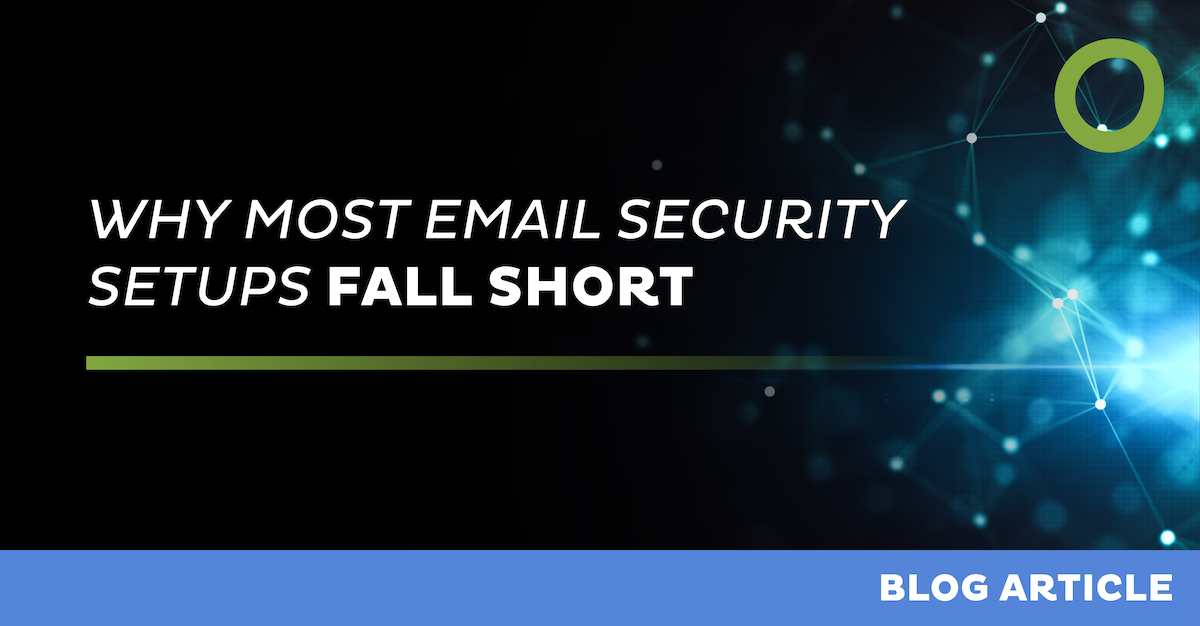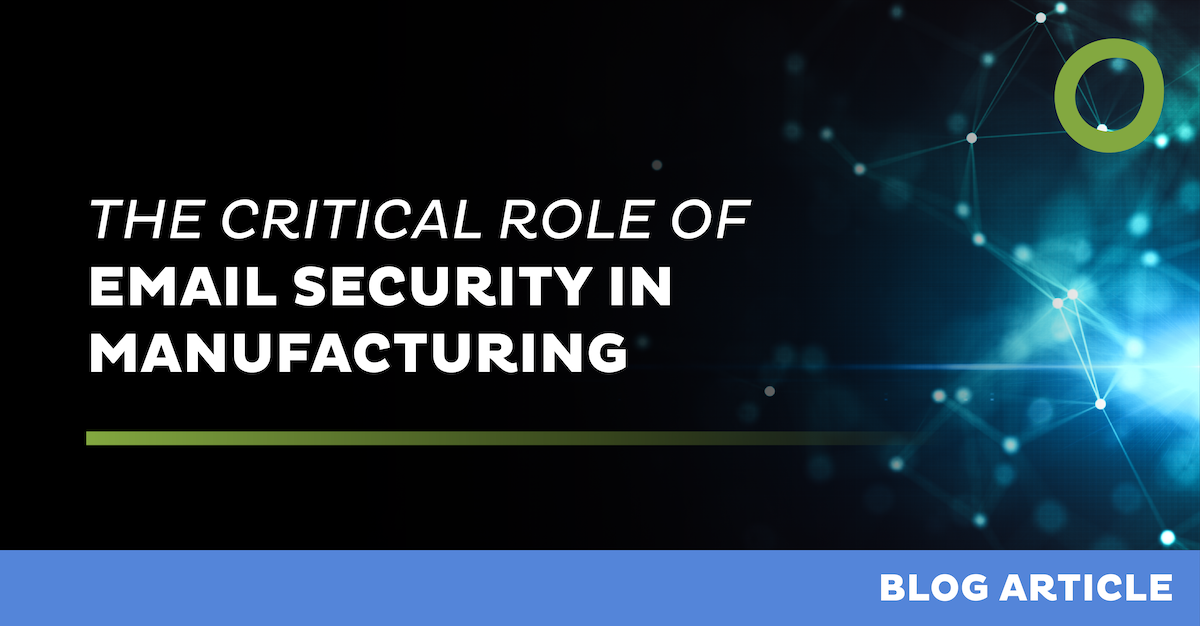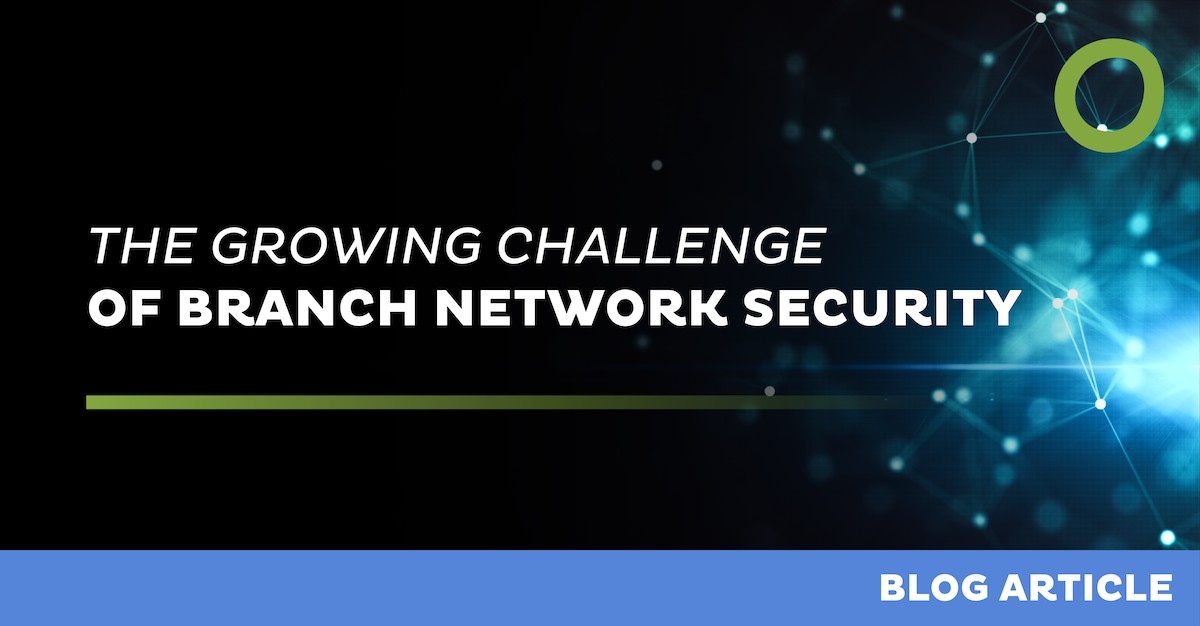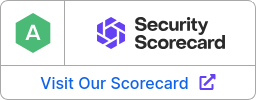
Why Critical Infrastructure Organizations Need Advanced Email Security Now More Than Ever
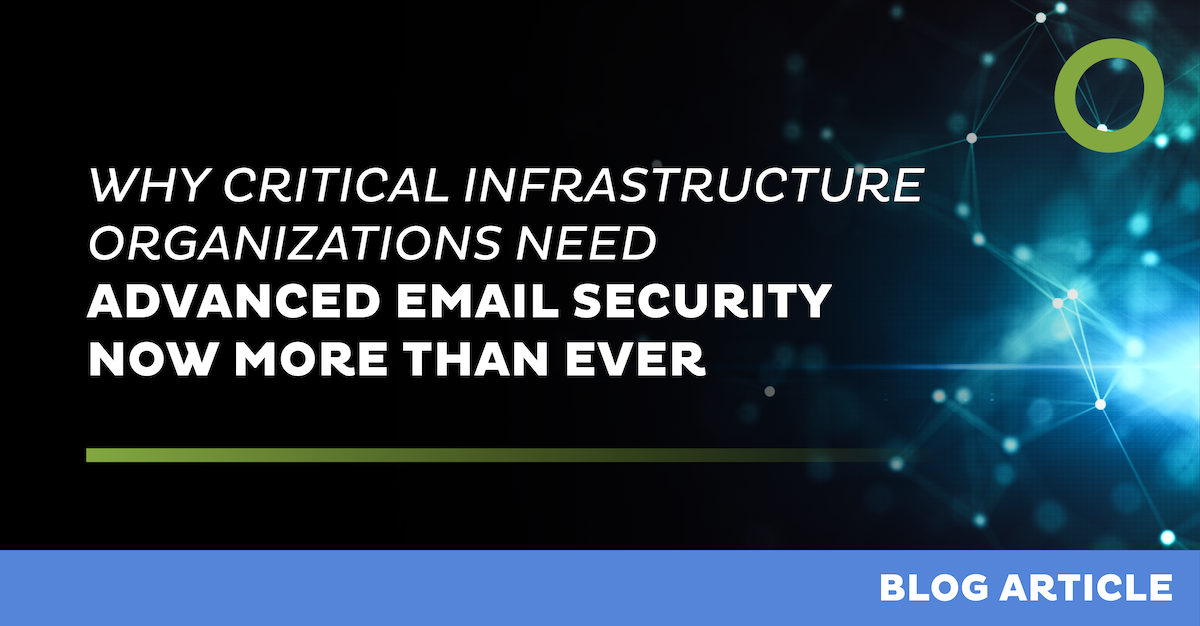
Strengthening the Digital Front Line of the DACH Region’s Most Vital Institutions
Introduction
Critical infrastructure—encompassing everything from healthcare systems and energy grids to financial services and public transportation—is the backbone of modern society. In Germany, these are known as KRITIS (Kritische Infrastrukturen), while Austria and Switzerland classify them under similarly structured national cybersecurity frameworks. As organizations in the DACH region become more digitally interconnected, email remains a primary communication channel—and an increasingly potent attack vector.
With cyber threats evolving at an alarming pace, traditional email security tools are no longer enough. The time for advanced, adaptive defenses is now.
A Shared Threat Landscape Across the Region
- Targeted phishing and spear phishing campaigns that exploit trust and familiarity
- Business Email Compromise (BEC) scams designed to steal credentials or redirect financial transactions
- Zero-day vulnerabilities used to bypass conventional security layers
- Supply chain attacks leveraging third-party vendors’ compromised emails
These threats are becoming more persistent and technically advanced, often backed by organized cybercrime networks or state-sponsored actors.
Why Email Is the Weak Link in Critical Infrastructure Security
Despite years of investment in perimeter security and internal monitoring, email often remains the weakest link due to:
- User Error: Even well-trained employees can be tricked by well-crafted phishing attempts.
- Hybrid IT Environments: Legacy systems are often loosely integrated with modern cloud-based tools.
- Cross-border Communication: Sensitive information regularly crosses national borders via email, increasing exposure.
Regulatory Pressure Is Mounting
Governments across the EU, especially DACH region, are tightening regulations:
- Germany: The IT Security Act (IT-Sicherheitsgesetz 2.0) mandates enhanced cybersecurity standards for KRITIS sectors.
- Austria: The Austrian Network and Information Systems Security Act (NISG) aligns with the EU NIS Directive and imposes strict reporting and security obligations.
- Switzerland: While not an EU member, Switzerland enforces its National Strategy for the Protection of Switzerland against Cyber Risks (NCS), with sector-specific guidance for critical infrastructure.
All three countries emphasize the need for proactive, comprehensive protection—especially around digital communications.
What Advanced Email Security Looks Like Today
- To meet both the regulatory and operational challenges of securing email, critical infrastructure operators should adopt:
- AI-driven threat intelligence: Machine learning models that adapt to new attack patterns in real time.
- Email authentication protocols: SPF, DKIM, and DMARC to validate sender identities.
- Behavioral anomaly detection: Monitoring user and communication patterns to identify threats.
- Full-stack encryption: To protect content both at rest and in transit.
- Automated incident response: Accelerating containment and recovery efforts.
A Strategic Priority, Not a Technical Footnote
Securing email isn’t just about preventing spam or malware—it’s about preserving operational integrity, public safety, and national resilience. Organizations must:
- Conduct regular phishing simulation and training
- Implement multi-factor authentication across email systems
- Monitor for domain impersonation and spoofing
- Partner with cybersecurity providers who specialize in KRITIS-level protection
Conclusion
For critical infrastructure organizations in Germany, Austria, and Switzerland, robust email security is no longer optional. As threats grow more complex and regulations more stringent, investing in intelligent, adaptive email defenses is crucial. Email remains the digital front door—let’s ensure it’s locked tight.
Leave Complexity
Behind
To learn how Open Systems SASE Experience can benefit your organization, talk to a specialist today.
Contact Us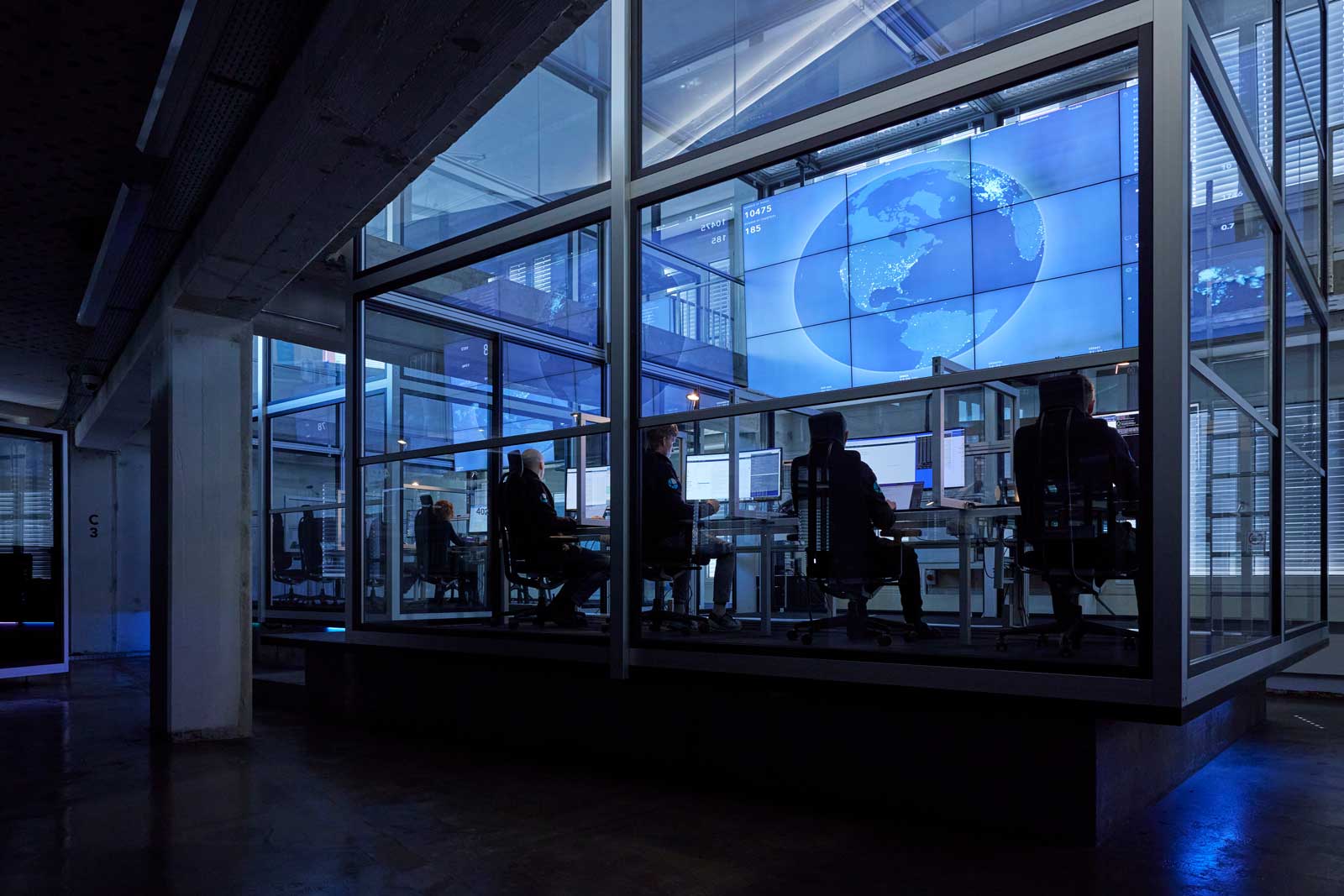

 Jan Lehnen, Sales Development Representative
Jan Lehnen, Sales Development Representative 